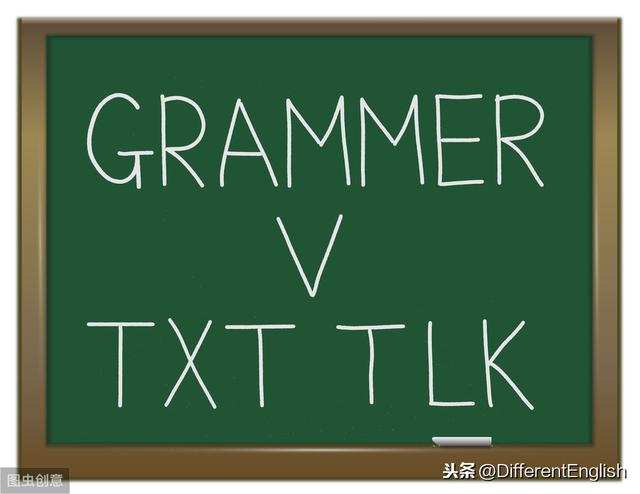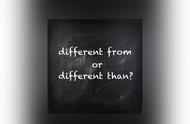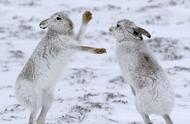
五六年级重要语法点归纳
五年级
1. Like 动名词 如:like swimming
2. Like 名词的复数 如:like masks
3. go 动名词 如:go climbing
4. How many 名词复数 如: how many watches
5. different 名词复数 如:different countries
6. Same 前加the , 后面一般跟单数,如: the same hobby
7. 序数词前一定加the ,如:the first day
8. ①在几点用 at, 如 at 7 o’clock ,
②在某一天或某一天的具体时间段用on ,如:on Sunday, on Sunday morning,
③直接在早上、下午或晚上用in,如:in the morning
9. 动词后代词用宾格(动宾)如:join me
10. 介词后代词用宾格(介宾)如:with him ,to her
11. want to 动原 , would like to 动原 , sorry to 动原 ,
forget (忘记)to 动原,it’s time to 动原,
12. 情态动词can,can’t,must,mustn’t,shall,could,may,
should,shouldn’t后面加动原,let 后加动原
13.祈使句中动词用原形,否定句在句首加Don’t
14. 助动词(do ,does ,don’t, doesn’t,didn’t)后动词用原形
15.形容词加名词(形 名) 如: a beautiful girl
16.动词加副词(动 副) 如: dance beautifully
17.Some 用于肯定句,any 用于否定句
18.There be 结构就近原则 如:There is a teacher and some students in the classroom.
19.不可数名词:water、coffee、tea、milk、juice、bread、rice、food、fruit、paper、chocolate、exercise、fish
20.乐器前加the, 球类前不加the, (play the 乐器,play 球类)如:play the piano, play football
21.特殊疑问词作为主语是,是第三人称单数。
Who helps you? What makes the air dirty?
六年级
1.动词如果在No后表示禁止做某事,动词要用ing形式,如:No swimming;
如果前面是don’t 或者do not后面跟动词原形,如:Do not touch.
2.must, would, should (shouldn’t), can,may的区别
must 表示必须一定做到的事情;would表示想要做的事情,would like to do sth.
should(shouldn’t)表示应该或不应该;can表示能够,会做某事;may表示可以或允许做事。
must, should shouldn't, can, may都是情态动词,后面都跟动词原形。
3.I’d like=I would like 我想要某物 === I want…
I’d like to = I would like to 我想要做某事 == I want to …
would like 想要的意思。可用于表示邀请,后面如果加动词用would like to 动词原形
例 1.I’d like some balloons. →Would you like some balloons?
=I want some balloons . → Do you want some balloons ?
4. I’d like to watch TV . → Would you like to watch TV?
=I want to watch TV . → Do you want to watch TV?
5.介词in. on at的用法
①in表示:“段”时间,常用在年份,月份,季节前,也用在上午,下午和晚上前。
例如:in 1997 在1997年 in spring 在春季
in May在五月 in the moring在上午
in the afternoon 在下午 in the evening在晚上
②on 表示具体的某一天,常用在星期,具体的一天前。
例如:on Monday 在星期一 on the first of March 在三月一日
③at 用在时刻前 例如:at ten o'clock在十点钟
6.be going to (do sth.) 打算做某事
①表示现在的意图,即打算在最近或将来进行某事,例如:
We are going to post the letter.
②表示现在已有迹象表明将要发生或即将发生某种事态,例如:
I must hurry, I’m going to be late.
③(常与tomorrow, next week, next year等将来时间连用)
④ 用法:
陈述肯定句:We are going to give a puppet show next week.
否定句:We aren’t going to give a puppet show next week.
一般疑问句:Are you going to give a puppet show next week?
特殊疑问句:Who is going to give a puppet show next week?
What are you going to do next week?
,













